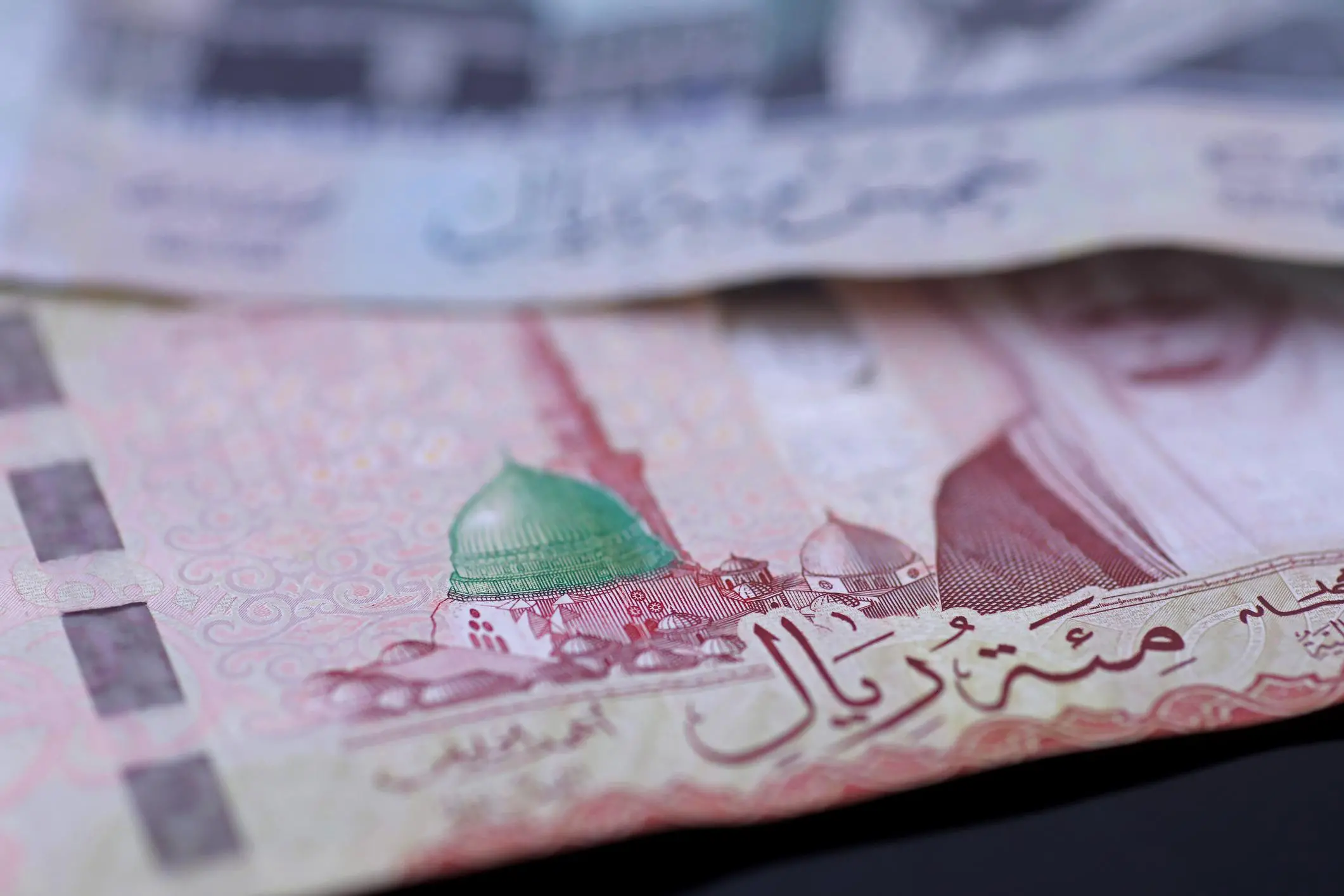PHOTO
According to Saudi Finance Minister Mohammed Al-Jadaan, the MENA region’s largest economy is expected to post a surplus of SR27 billion in 2023 and SR42 billion in 2024.
Added to this, the nation’s sovereign wealth fund, the Public Investment Fund announced plans to invest $40 billion locally in 2022.
Government spending
Mohammed Al-Zubi, founder and managing partner of technology-focused venture capital firm Nama Ventures, pointed out that Saudi entrepreneurs would welcome this move.
He said: “Anytime we see significant spending by the government in different sectors, we immediately see opportunities for startups to participate.”
“After all, if we can’t find entities willing to write checks for startup innovators, they will go nowhere,” he said.
The venture capital boss added: “All areas need their fair share of attention, and different areas complement each other as they grow.
“For example, if you enhance the infrastructure of your cities, those cities will absorb more citizens, which in turn will increase demand for healthcare, education, entertainment, and other things. We need solutions in all areas.”
The ongoing Tadawul SR5.02 billion initial public offering and its liberalization reforms promise to ease the path of fast-growing firms seeking to list on the exchange.
Al-Zubi said: “As a venture capital firm, this is music to our ears. The more we see the ease of listing on the public market, the more we see an opening up of liquidity for our startups. This means we do not have to rely on strategic acquisitions from abroad.”
IPOs
He added: “We want to see listings on the Saudi stock exchange of a new generation of high-growth technology startups to get the right exit valuations that their peers in other regions enjoy.”
Al-Zubi said that Tadawul is keeping pace with the Dubai stock market.
He added: “I think the sheer size of the Saudi economy would guarantee its fair share in the total public market in the region.”
“That being said, I think both exchanges complement each other. Both investors and entrepreneurs will see benefits in listing on both to gain different sets of investors.”
Promoting SMEs
In an email interview, the General Authority for Small and Medium Enterprises, Monshaat, highlighted the opportunities the budget of 2022 holds for startups.
It said several government-funded initiatives will continue to support startups next year while the national economy recovers from the coronavirus disease pandemic.
Monshaat said: “Entrepreneurship support is provided by entrepreneurial platforms (businesses incubators, business accelerators, and co-working spaces), government fee-refund program, direct and indirect lending programs for small and medium-sized enterprises, support for fast-growing SMEs and unicorns, to name a few.
“Overall, the fiscal spending on the startups will continue in line with the 2030 objective of increasing the SME contribution to 35 percent by 2030.”
It added that as the small business sector matures, “we need to find further solutions from a best practice and best-fit approach that support a trajectory of startups into high-growth firms, corporate lighthouses that shape the value proposition of the Kingdom as a startup destination.”
Monshaat said many business models have evolved as the health crisis has eased, and some of them could take advantage of the digital economy to grow.
Digital transformation
The body said: “With digitization progressing quickly, entrepreneurs can leverage these means to develop, deploy and thrive on new business models, effective collaborations, and the continued recovery.
“In doing so, the employment impact will also be positively influenced as new sectors grow such as tourism and more traditional sectors recover.”
Al-Jadaan said the public and private sectors worked jointly to cut the unemployment rate to 11.3 percent, adding that the government aims to continue to reduce it to 7 percent or less by 2030.
Copyright: Arab News © 2021 All rights reserved. Provided by SyndiGate Media Inc. (Syndigate.info).





















